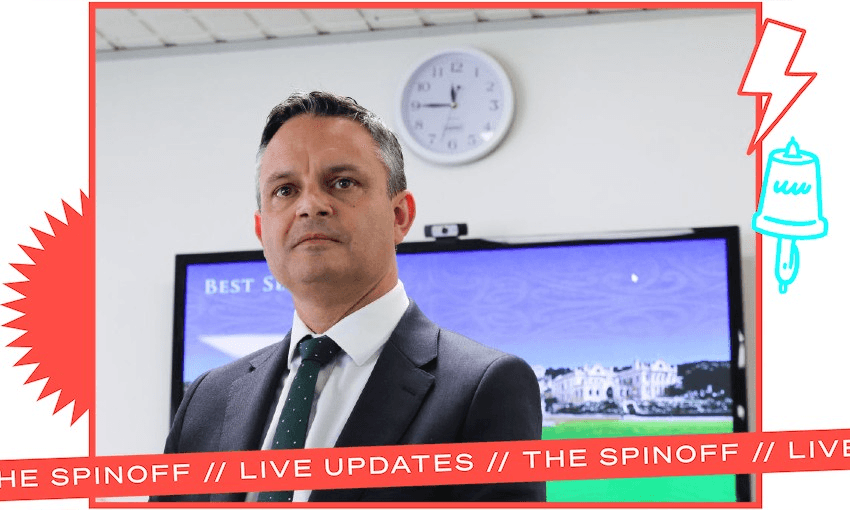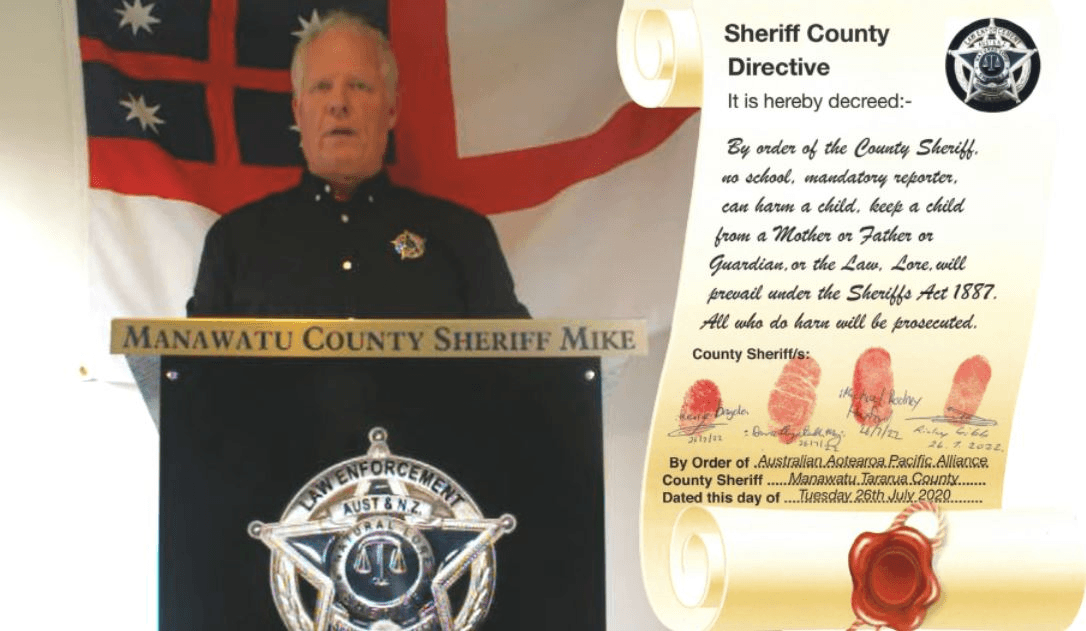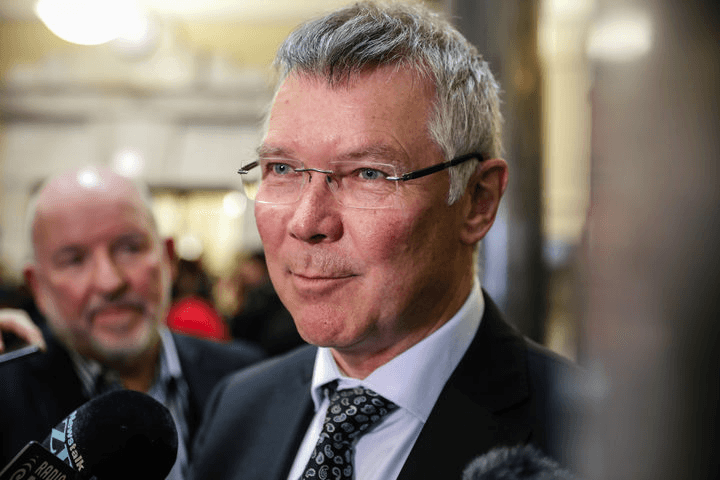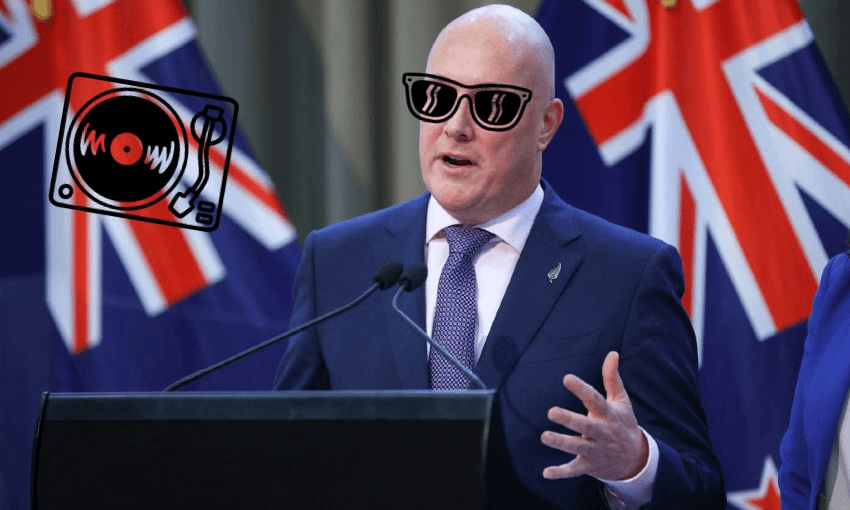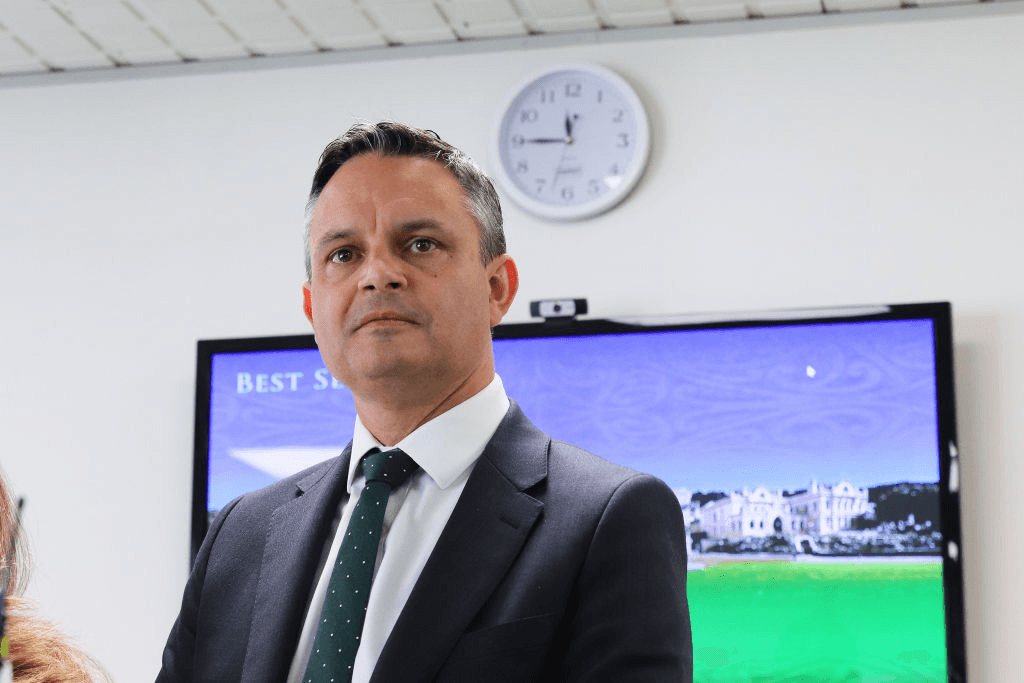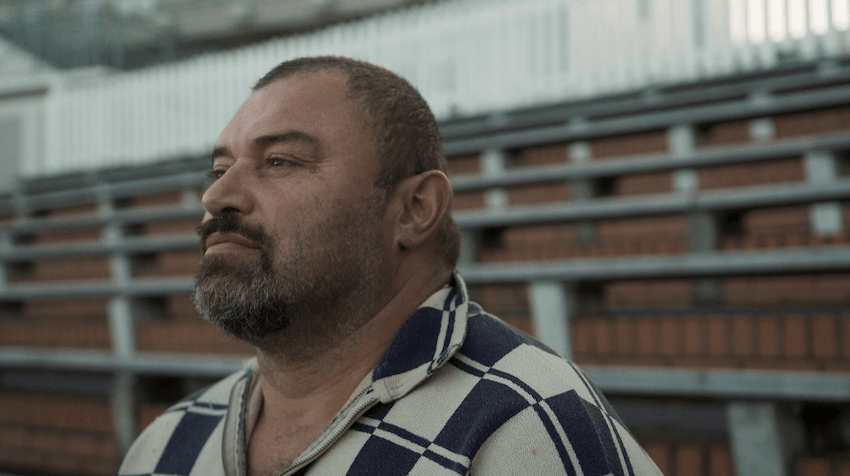The climate change minister has unveiled New Zealand’s first official climate adaptation plan, a long-term strategy for dealing with the inevitable impacts of global warming.
Speaking from the waterfront in Wellington’s Owhiro Bay, a location that will likely suffer from rising sea levels, James Shaw said the adaptation plan would prepare communities. “Severe weather events that had previously seemed unthinkable, even only a few years ago, are now happening at a pace and intensity we have never experienced before,” said Shaw.
“And when they happen, everything from the roads we rely on, to our drains and water supplies, to getting the kids’ to school can be severely disrupted.”
The plan, which covers an initial six year period through until 2028, will see climate change resilience embedded into government policy. It also calls for a wide-ranging approach to climate adaptation as opposed to leaving all responsibility with the government.
“Central government, local government, iwi, hapū, whānau, the private sector, the research and scientific community, and communities and individuals all have different but complementary roles in our risk management system,” the report reads.
“Central government cannot bear all of the costs of adaptation.”
One key element of the plan is the possibility of “managed retreat”, where communities would be forced to relocate if climate change threats become intolerable. In some highly exposed areas, the risk from natural hazard and climate impacts may become intolerable,” the plan reads.
“Inundation of buildings and infrastructure will start to occur, leading to direct damage and loss of some facilities like roads or other lifeline services, and public open space. In some cases, the risks may reach a threshold where relocation will need to be considered.”
The long-awaited resource management act reform will be key to seeing how things like managed retreat can be used. Additional legislation will also be required.
Shaw acknowledged the “incredibly frustrating” pace at which government has dealt with issues like climate change, but said that having a new legislative plan in place will see momentum build. “I do share people’s frustration that it has taken us a very long time to get started as a country.”
Read more in today’s edition of The Bulletin
